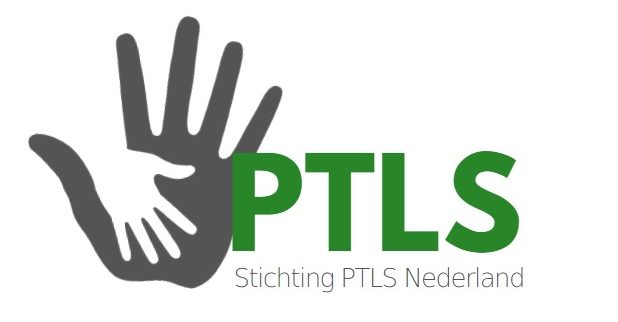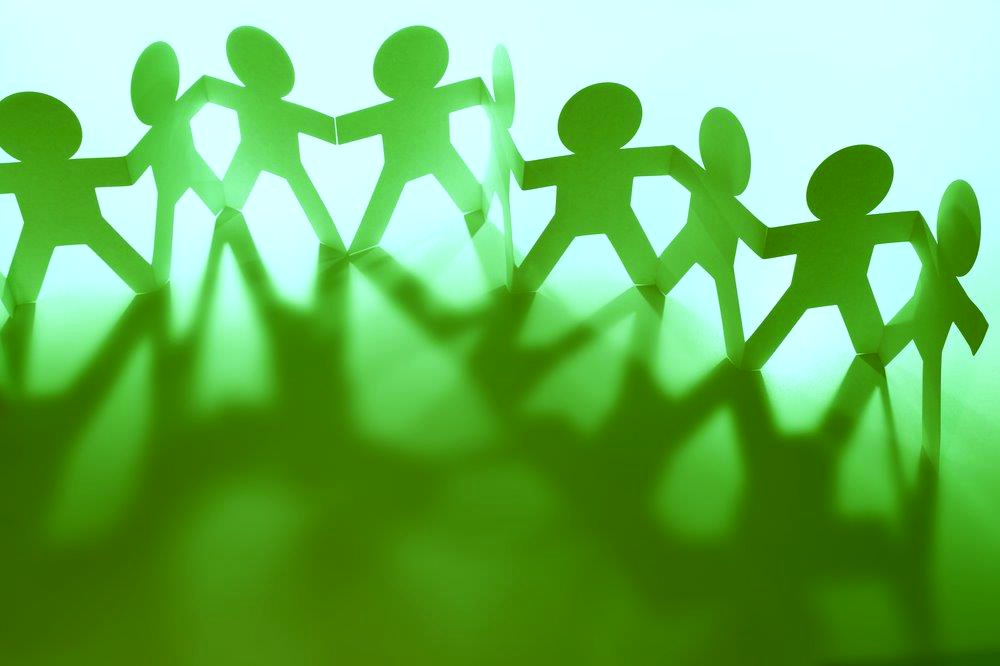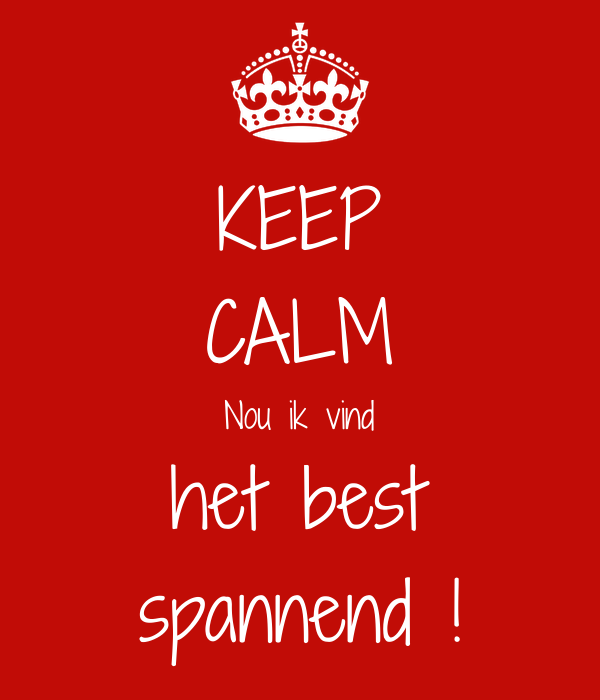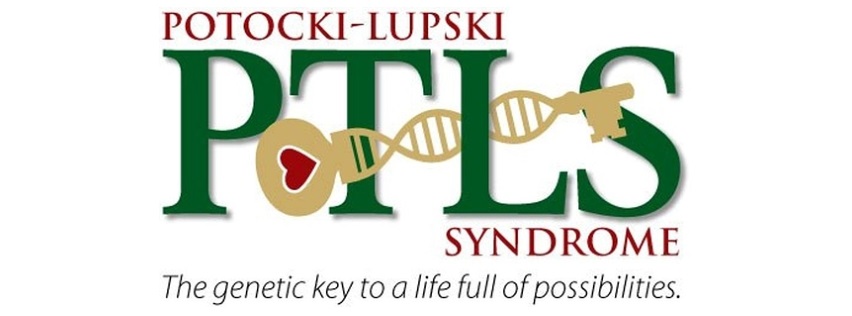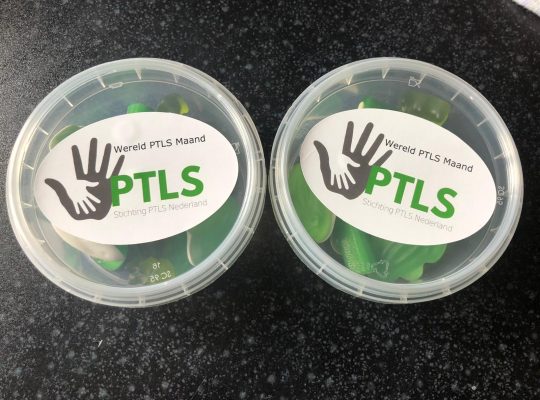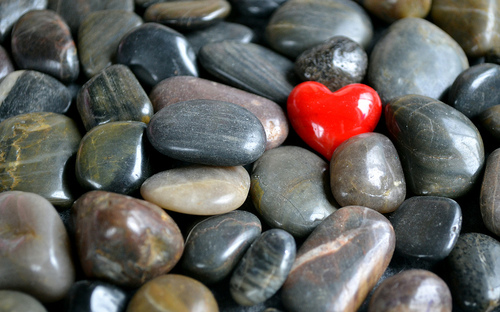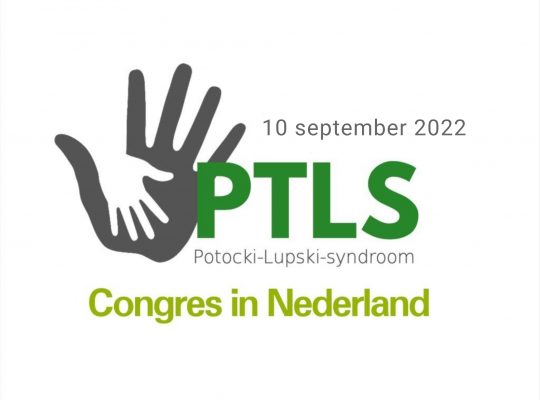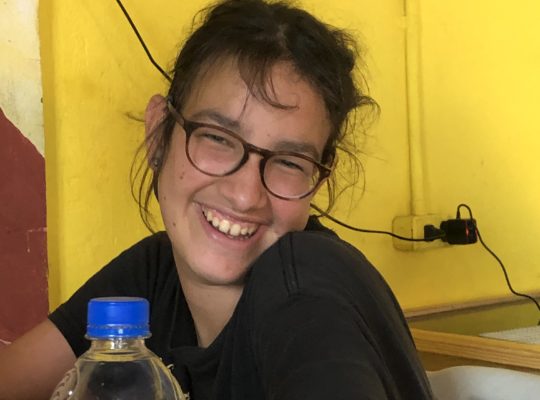By Nathalie Foppen, Holland
January 2010 – Wilhelmina Children’s Hospital in Utrecht, Holland
“Your son has a genetic disorder. He has a bit too much gene in chromosome 17. Thus he has what they call the Potocki – Lupski syndrome”. You just gaze at the clinical geneticist and think: “What is he talking about?” Honest to say that I didn’t pay much attention in biology class, I mean genes, chromosomes? Next thought was: “So it has a name.” And immediately after that:”Darn, there really is a medical explanation for what is going on with Jelle…” Jelle was almost 5 years old at that time. We had searched for 2.5 years for an explanation. We were sent from one doctor to another by people, experts, indicating that “something was wrong” with the way Jelle was developing. In my heart maybe I knew something was off, but I still took everyone for a fool who said so. And waiting for the outcome of the genetic research I still hoped the man would say: “It’s just a developmental delay, he will get over it in a few years.” Nope, none of that. So, PTLS?
There was little information on PTLS available, only the research from the United States, so we received some prints in English. I was three months pregnant at the time, and so we were tested as well. We didn’t carry the deviation, so changes were very small for Mick-to-be to have PTLS as well. Then our long quest came to an end and a new one started, for what is PTLS, and what does this mean for Jelle, and for our family?
September 2013
Jelle is 8 years old now, and his brother Mick just turned 3. We’ve been through a lot, and indeed it was “river deep, mountain high”. Above all Jelle is very special. We have experience some great positive stuff with him, because of his ways. We’re all a little different and that’s a good thing. Jelle can put a smile on a bus packed with strangers on the other side of the world just by getting in smiling and call out in Dutch, without any hesitation: “Good morning, my name is Jelle! ” A man replied in Dutch (!): “Hi, my name is Kees”. Jelle: “Hey Kees, smeerkees!” (Dutch rhyme). His way of making contact is charming and touching.
But life is not always easy for him, nor for us. Why did he had to leave his old school, close by in our own town? How can I explain that to him without harming his self confidence? He just started at his new school in the city of Utrecht, switched from special education to a school for kids with severe learning difficulties (and before that he changed from a regular school to a special one). All these new impressions to process and he handled them so bravely. It was tougher on me than on him, it seems. It feels like we have to lower our expectations time and time again. Our worries increase where the level of his education decreases: he will probably never really learn to read and write well, does he get a guided job or will he attend a daytime place, will he live at home or (rather) in a guided living group, what if we are no longer on the planet?
PTLS in daily life
What does PTLS in daily life imply? Jelle is 8 years old, but he looks younger. A geneticist said he could tell Jelle had a chromosome- or gene deviation because of his face (position of the eyes, width of the nose bridge). But when he said he didn’t look much like his parents I almost strangled him! Come on, how can you say that out loud? He looks like me of course! Jelle is a slender boy with remarkably long arms, legs, fingers and toes. His length is below average (but his mom is small too). Low muscle tone makes him insecure when it comes to his balance and he has little muscle/ strength. Learning to climb, swim, cycle etc. is pretty scary to him. The more special that he (carefully) does do all those things. His fine motor skills are weak, so he’s not motivated to do crafts and writing for example. Learning something new is just hard for him, almost uninteresting. The intrinsic motivation is often lacking to learn something or to get better at something. He cannot or will not? We can’t always tell. Sometimes he literally needs a push in the back, and sometimes we push him too hard. At school he gets physical therapy for gross and fine motor skills. And speech therapy because he doesn’t always articulate clearly and his vocabulary is limited.
Time is a difficult concept for Jelle. He can read a clock (half and whole hours), he knows there are 7 days in a week, 12 months in a year, but applying this knowledge in daily life is complicated for him. His stress peaks when we have to catch a ferry or plane in the afternoon or evening, afraid we will be too late. We use a monthly calendar that shows what day it is and what happens on the day and during the week.
Jelle is also sensitive to (sun)light . At the dentist he wears sunglasses (his little brother does that too now, just for the fun of it. The sun can really hurt his eyes. Jelle has a mild heart condition; the duct is not closed completely, he has a narrowing in the aorta, and he has a relatively small heart valve. Every year he had to be examined, I was always anxious about that. Now we can return when he is 10 years old. He exchanged his teeth at the age of 4-5 and he has weak enamel, so his molars are regularly sealed. His intelligence is low, his IQ ranges between 50 and 70. We try not to fixate on IQ tests too much, but they do give us an indication of his capabilities. In particular, his short-term memory is weak. Remembering names, colors and letters is especially difficult. But he may suddenly remember a detail of something that happened three years ago. And sometimes he has a seemingly irrational fear of something, like the barber. A visit to the hairdresser is a really awful experience for him. Now she cuts his hair at our home and the fear is (almost) gone.
Magic
Yes, Jelle is a child with limitations, but also the opposite: he is unbounded, and lacks our social embarrassment. He’s funny, sweet, kind, obedient. He’s a great brother to Mick, helping him out where he can, protecting him and they are very close. And to his parents he is indescribably sweet. Every day he tells us how much he loves us, that we’re so sweet, that I look nice, that I’m a cool mom! Complimentary like no other and a huge hugger. He is also good with electronics; the PC , the Nintendo DS, the tablet. Great to see what he’s capable of without being able to read yet! I dislike the disorder, ofcourse, but I love the way Jelle is despite of it. How proud we are of this magical guy, who surprises us every day! I read it more often in blogs and messages by parents with a special needs child: I didn’t want to miss out on this experience and this child. It changed my view on parenting and it also confronted me with me. Patience is not a strong suit (in Holland we say: it’s not in my genes, so mom has a genetic disorder as well. But Jelle teaches me, PTLS is forcing me. And that’s the magic of PTLS!
More info
PTLS Outreach Foundation
